| Promoting exports in the last 6 months of the year and 8 key solutions of the Industry and Trade sector India, the United States and Bangladesh are the 3 main export markets of Vietnamese cinnamon |
India is Vietnam's 8th largest import-export partner.
According to the Vietnam Trade Office in India, in the first 4 months of 2023, Vietnam - India bilateral trade reached 4.88 billion USD, down 11.27% compared to 5.1 billion USD in the same period last year, of which Vietnam exported 2.69 billion USD, down 5.1%; imported 2.19 billion USD, down 17.8% compared to the first 4 months of 2022.
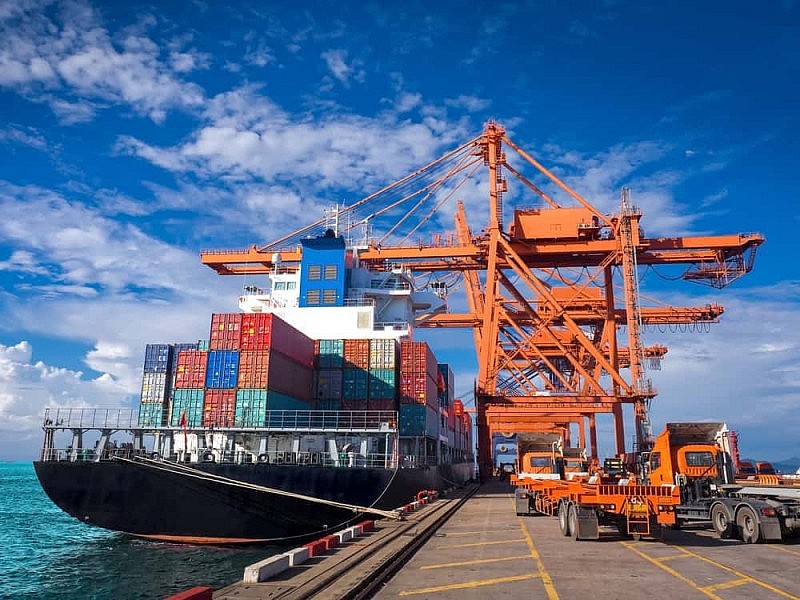 |
| What should businesses pay attention to when exporting goods to India? |
Export items with positive growth rates in April compared to March included: textile fibers of all kinds (up 72.6%); textiles and garments (up 27.6%); footwear of all kinds (up 119.8%); phones and components (up 16%); computers and electronic products (up 55.2%).
Import items with positive growth rates in April compared to March included: vegetable oils and fats (up 124.5%), ores and minerals (up 42.1%); other petroleum products (45.5%); fertilizers (118.4%); fibers; and iron and steel products.
India is both Vietnam’s 8th largest import-export partner, a potential market with much room to exploit, and Vietnam’s competitor in some products on the global export market (textiles, seafood, footwear, agricultural products, etc.). Therefore, India’s foreign trade policy not only affects India’s import and export but also Vietnam’s import and export.
Doing business with Indian partners - "If you want to go fast, you have to go slow"
Some notes on negotiating, signing and implementing contracts with Indian partners, Mr. Bui Trung Thuong - Commercial Counselor - Embassy of Vietnam in India - informed, doing business with Indian partners "if you want to be fast, you have to be slow". Enterprises need to be careful step by step, should not take shortcuts.
It is very important to verify whether the business is accurate or not. Because most Vietnamese businesses are exchanging through partners and intermediaries to buy goods from India. When everything is favorable, it will be very easy, but when there is a problem, it is very difficult to find them. Because most of them establish individual businesses and get an address somewhere, when we contact this address, there is no business there.
When receiving an order, the business must send an email to confirm whether the order is under the company's authority or not and request a signature to confirm. Avoid the case where the person placing the order quits after a while, and another person takes over, claiming that they did not place the order.
Currently, the Vietnam Trade Office in India is assisting in resolving a number of trade disputes, where Vietnamese enterprises export to India, and when the goods have arrived at the Indian port, the importer does not pay, does not receive the goods or requests a large discount. Vietnamese enterprises need to carefully assess their partners or inform the Trade Office before signing commercial contracts.
“Recently, when receiving disputes from businesses, we found that businesses have ignored very basic steps in foreign trade activities. When we asked if businesses signed contracts? The answer we received was that they did not sign but exchanged via Viber. The terms of exchange were also not stated via email. This lacks the basis and evidence to support businesses when resolving disputes that arise,” Mr. Bui Trung Thuong informed.
Most disputes are related to quality issues and shortages of goods. Businesses also need to check the goods before delivery and notify the partner with pictures.
In addition, it is necessary to keep in touch with partners and customers regularly. “We have to exchange and update information with partners every day. If we do not see a response from them after 3-4 days, there will be a problem,” Mr. Bui Trung Thuong informed.
Regarding the issue of pre-delivery inspection, according to Mr. Bui Trung Thuong, this seems to be a simple issue, but most disputes arise due to the quality of goods. Especially when the goods have arrived at the port, sometimes the goods have no problem, but the partner still complains to "force" the export partner to reduce the price, discount the goods, otherwise they will not receive the goods.
This means that all risks are pushed to Vietnamese enterprises and Vietnamese enterprises have no choice but to accept the requirements from partners, leading to huge losses.
“Before delivery, businesses need to inspect the goods; agree to hire a third-party agency or unit to conduct independent inspection; and purchase cargo insurance. This helps minimize losses when risks occur,” Mr. Bui Trung Thuong recommended.
Shipment does not mean that the money will be in your account
Another issue mentioned by Mr. Bui Trung Thuong is international practice. Enterprises need to understand the terms of risk transfer very well, to avoid the situation where many enterprises in Vietnam think that exporting at FOB price and delivering goods at the warehouse is safe. However, we are not completely assured when we have not received the money. If enterprises give payment terms that they receive the goods and then pay, the risk will belong to the exporting enterprise.
According to Mr. Bui Trung Thuong, Indian traders, investors, and many experienced business people will find out the limitations. Sometimes they do not commit fraud, but when they see that the advantage is on their side, they will continue to appropriate capital and when there is intervention from the authorities, they will return it.
“Regardless of the price we sell at, the terms of payment need to be clearly stated in the payment terms in the FOB, CIF contracts, etc.,” Mr. Bui Trung Thuong recommended.
Delivering goods on board does not mean that businesses can rest assured that the money will be in their accounts. There are many other issues that we cannot foresee. It is necessary to constantly update information about the goods in which process they are in. Each step requires sending information to partners, requesting confirmation, correct payment terms and no concessions. "There are cases where partners have been doing business for 10 years and still cheat each other. It is very difficult to say whether the order is going smoothly or not," said Mr. Bui Trung Thuong.
The invoice must be clear, the bank account must be mentioned on it to know who the goods are sold to. It must be clearly shown which unit is the recipient of the goods, which unit is responsible for payment.
The payment documents must be clearly stated in the contract. Any changes to the previous agreement must be in writing. The contract appendix must be re-signed and sent via email, not social media - this is not evidence in case of disputes.
Exporters should refer to policy information on the website of the Directorate General of Foreign Trade of India. They make information public on the website, but it should be noted that they often issue documents unexpectedly and take effect immediately. This is also a risk when doing business with Indian partners.
“Since 2020, India has made major changes regarding certificates of origin. We recently received information that for export shipments from 2020 and 2021, they require confirmation of certificates of origin issued at that time. Therefore, businesses need to archive all documents,” Mr. Bui Trung Thuong recommended.
Source link



![[Photo] Prime Minister Pham Minh Chinh chairs the Government's special meeting on law-making in April](https://vstatic.vietnam.vn/vietnam/resource/IMAGE/2025/4/13/8b2071d47adc4c22ac3a9534d12ddc17)




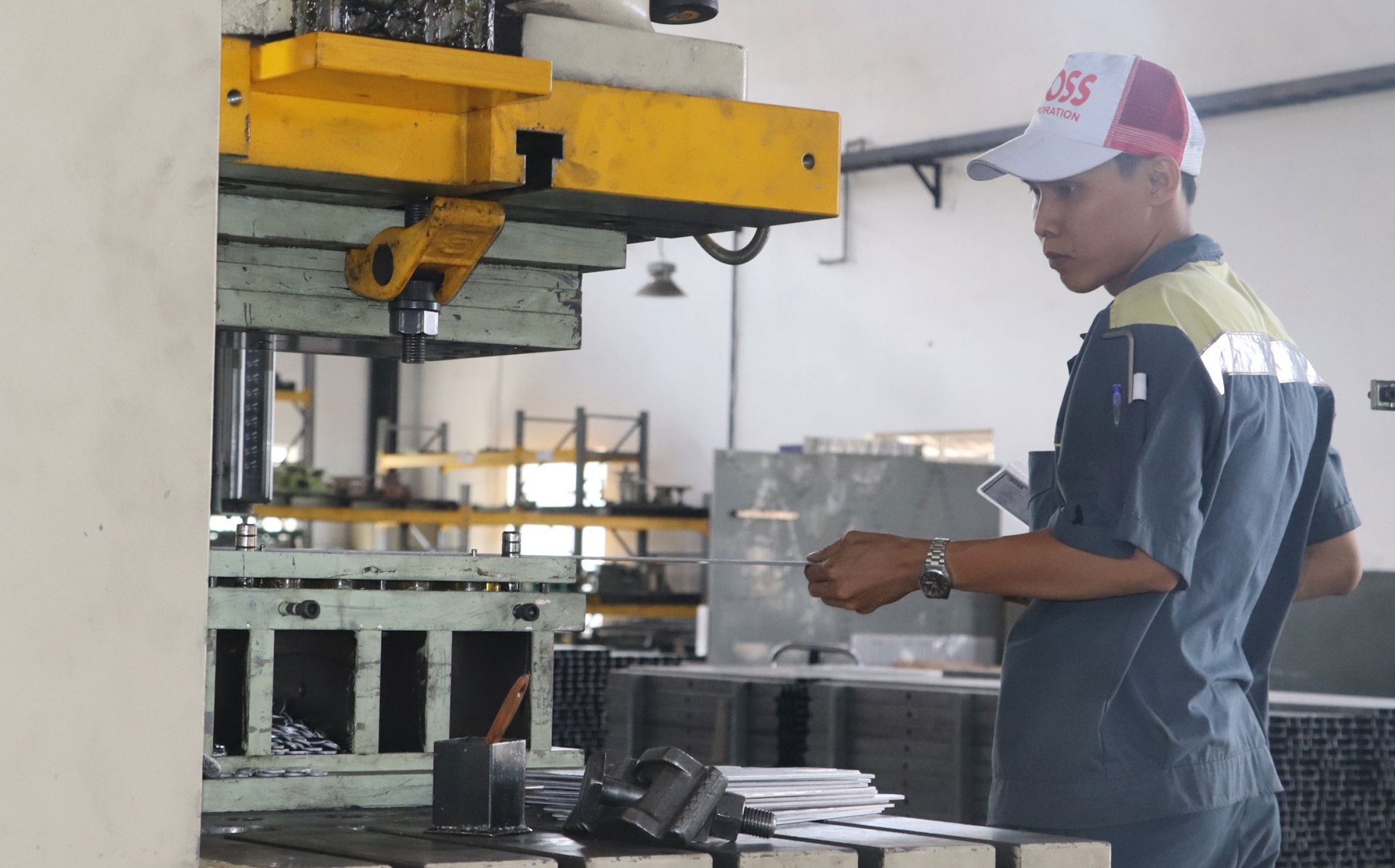


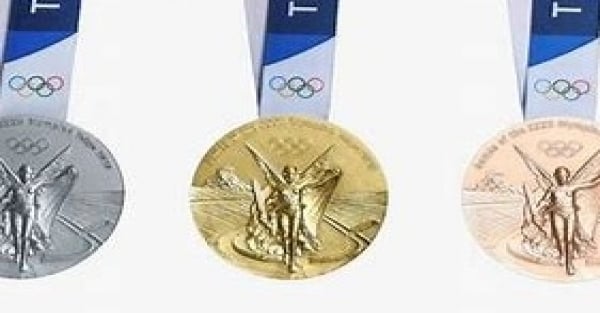
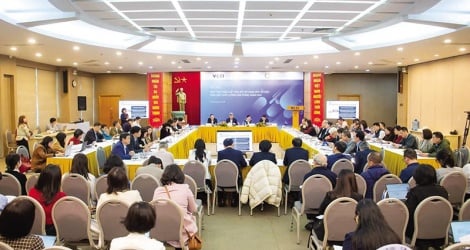




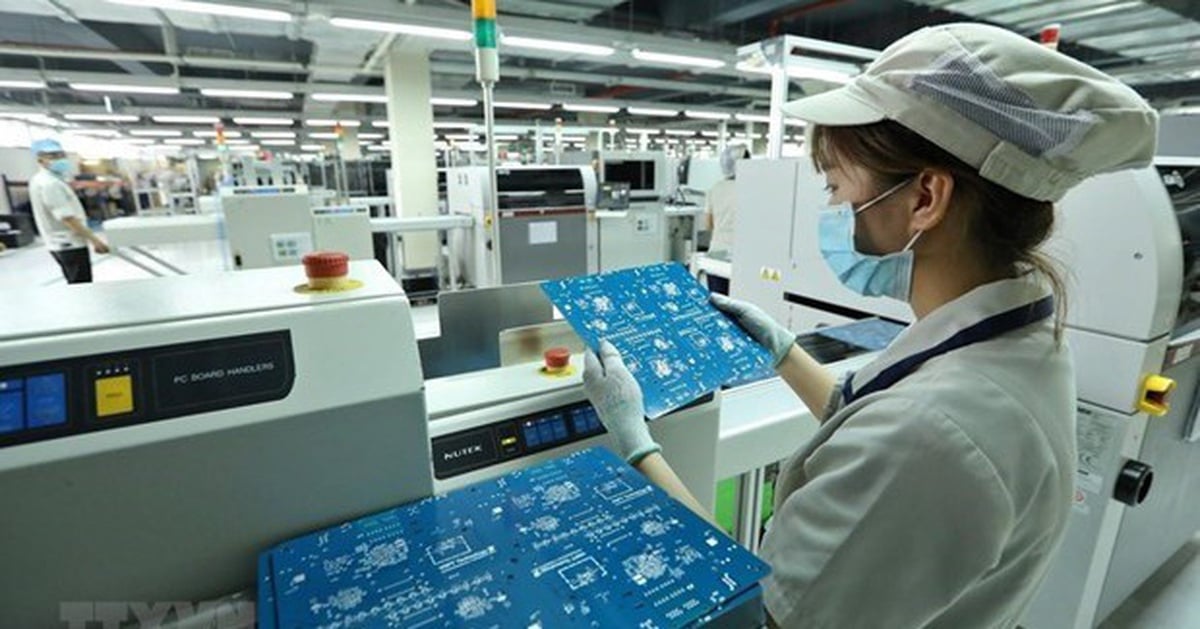
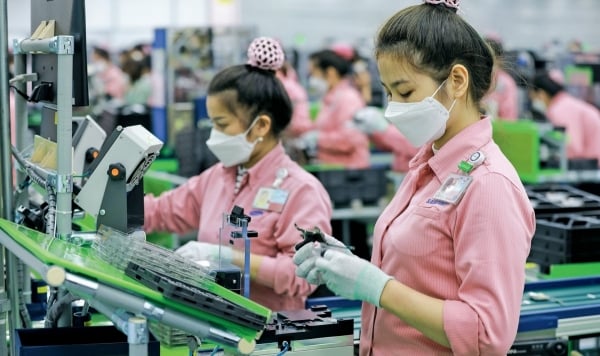

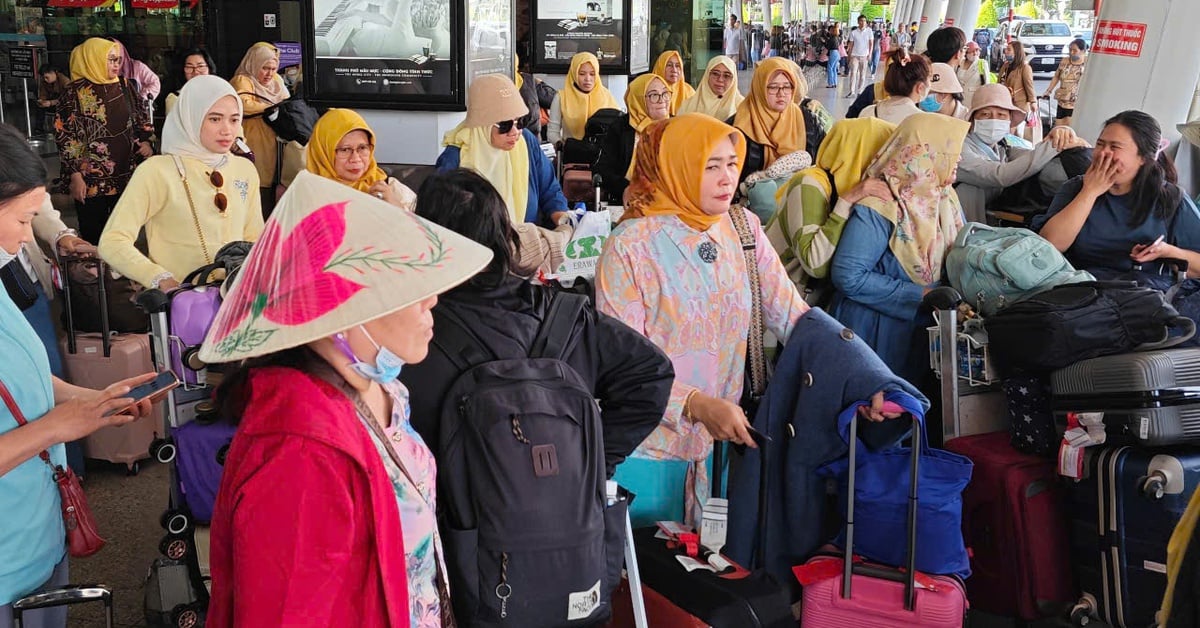
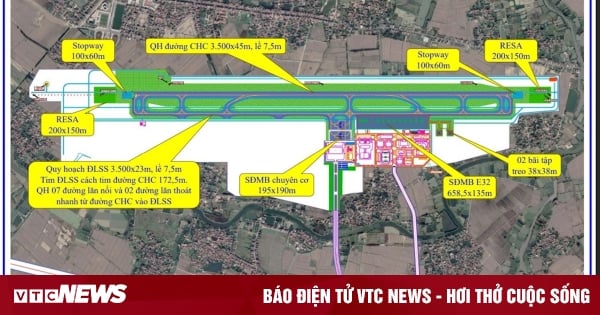



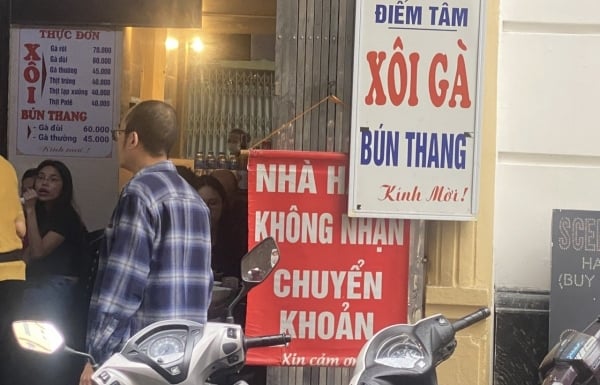
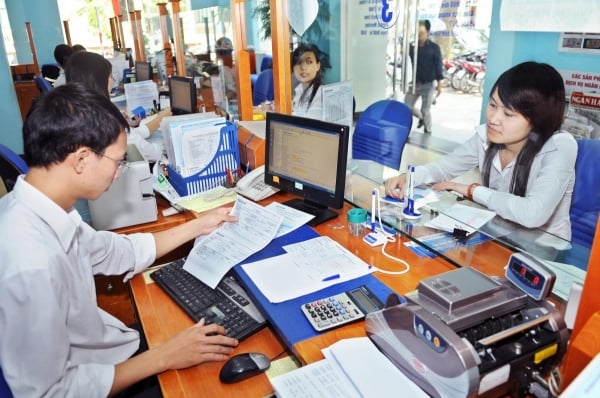
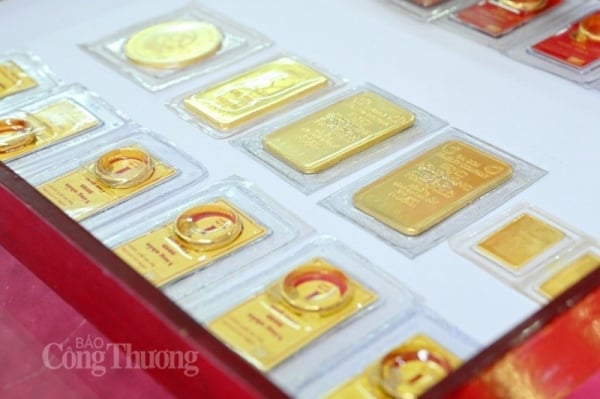



![[Photo] Closing of the 11th Conference of the 13th Central Committee of the Communist Party of Vietnam](https://vstatic.vietnam.vn/vietnam/resource/IMAGE/2025/4/12/114b57fe6e9b4814a5ddfacf6dfe5b7f)































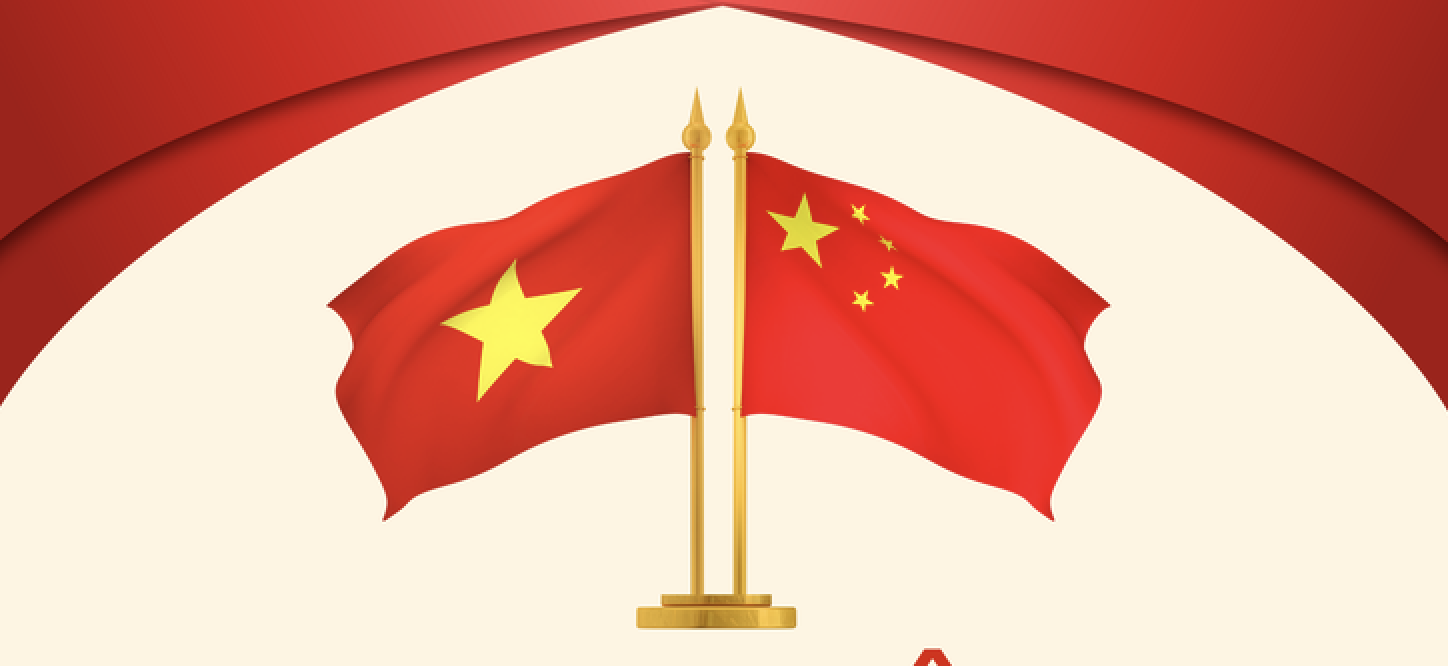
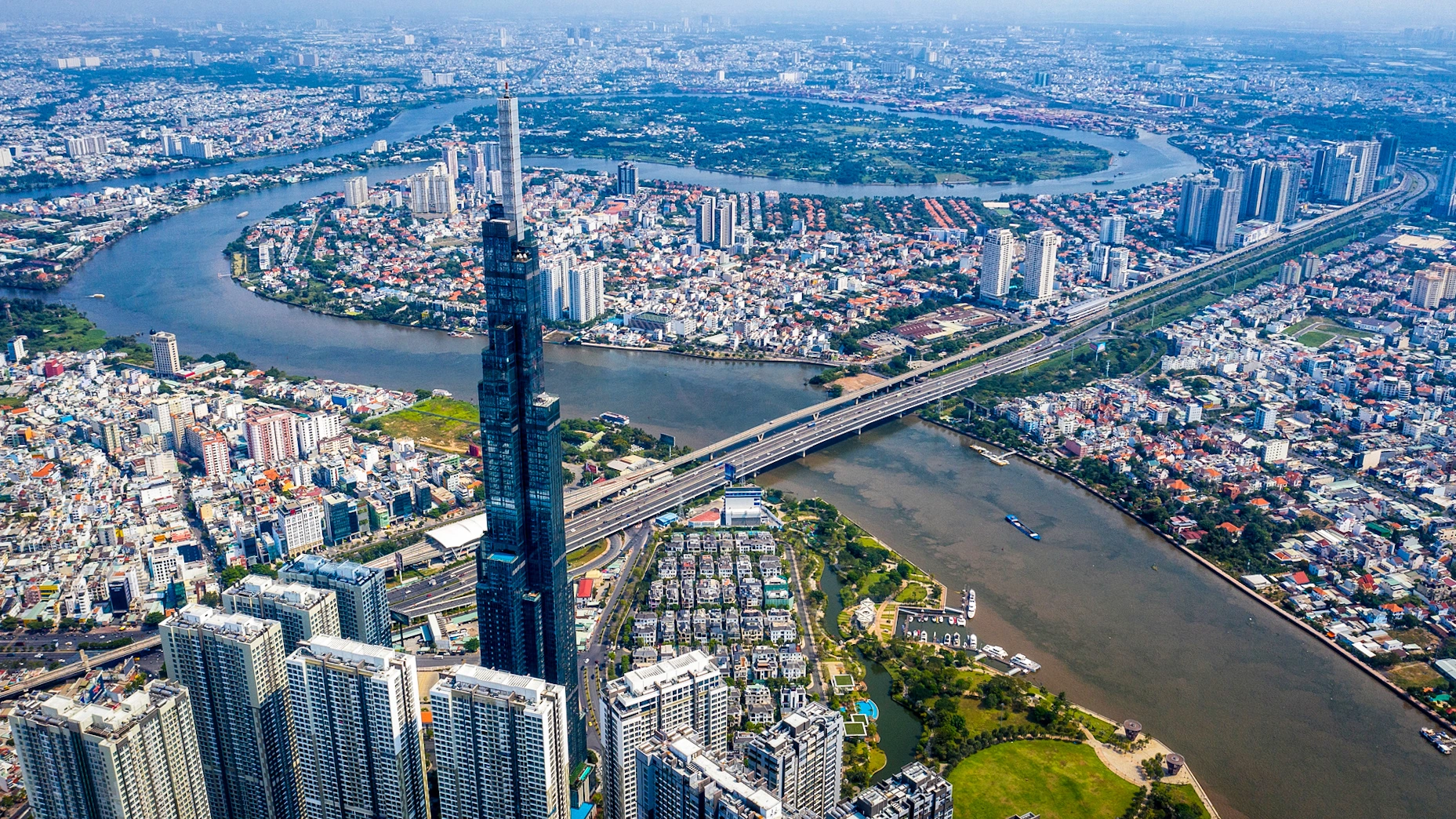















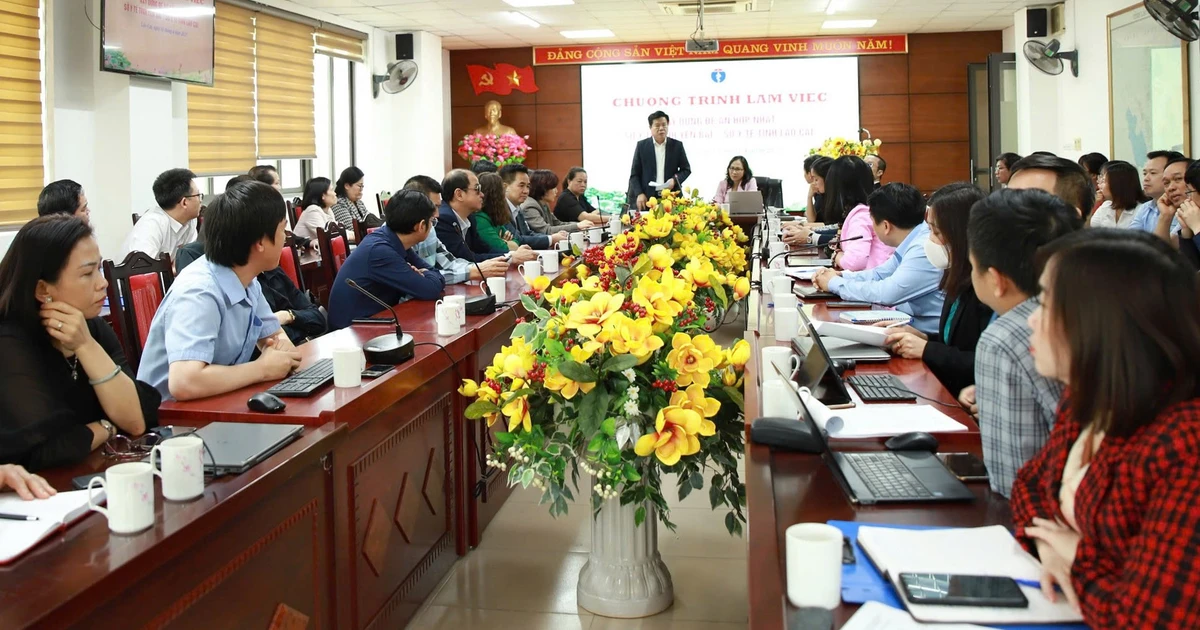



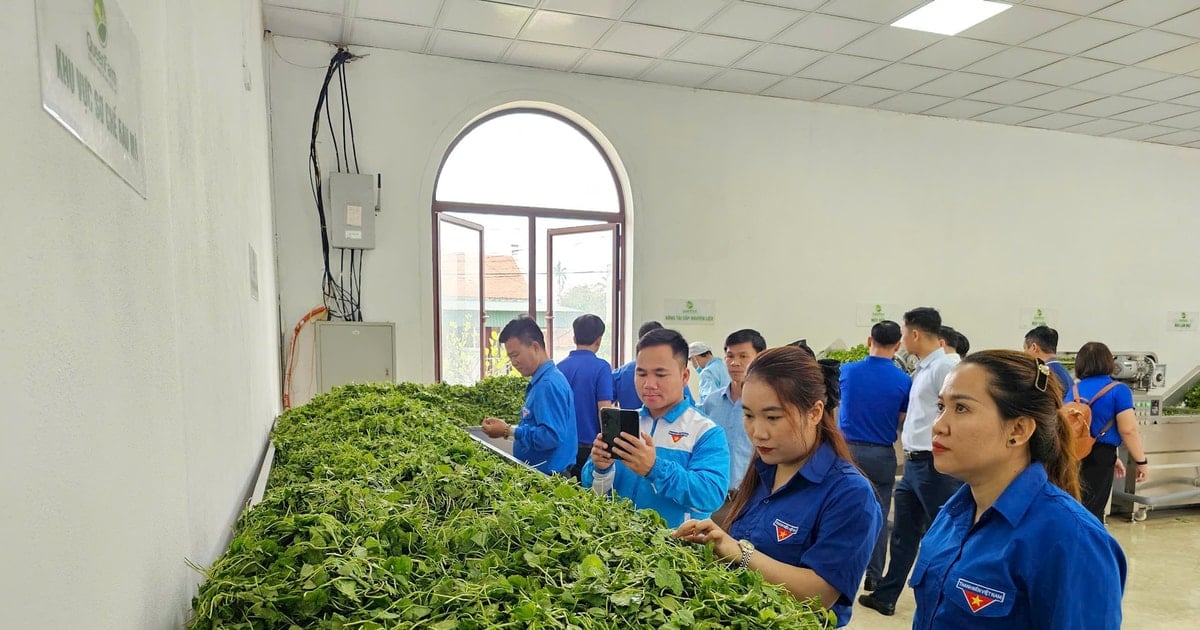

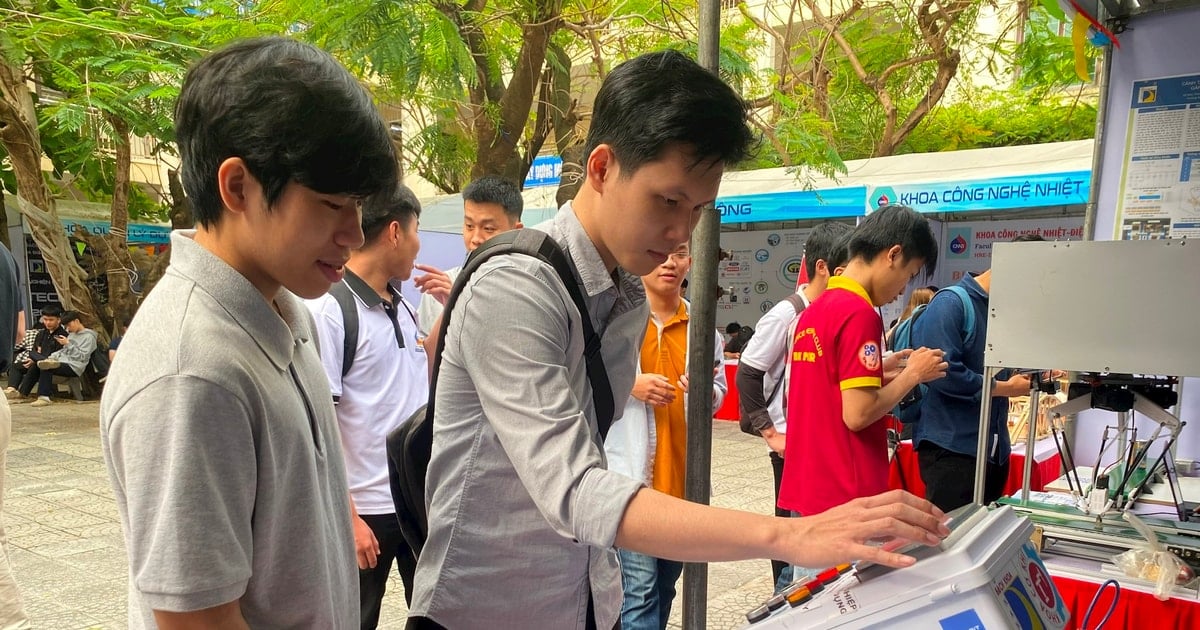
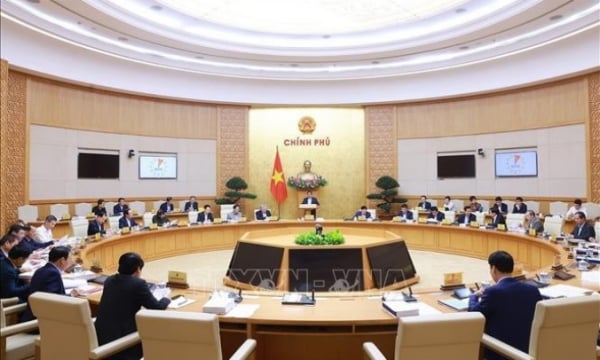











Comment (0)